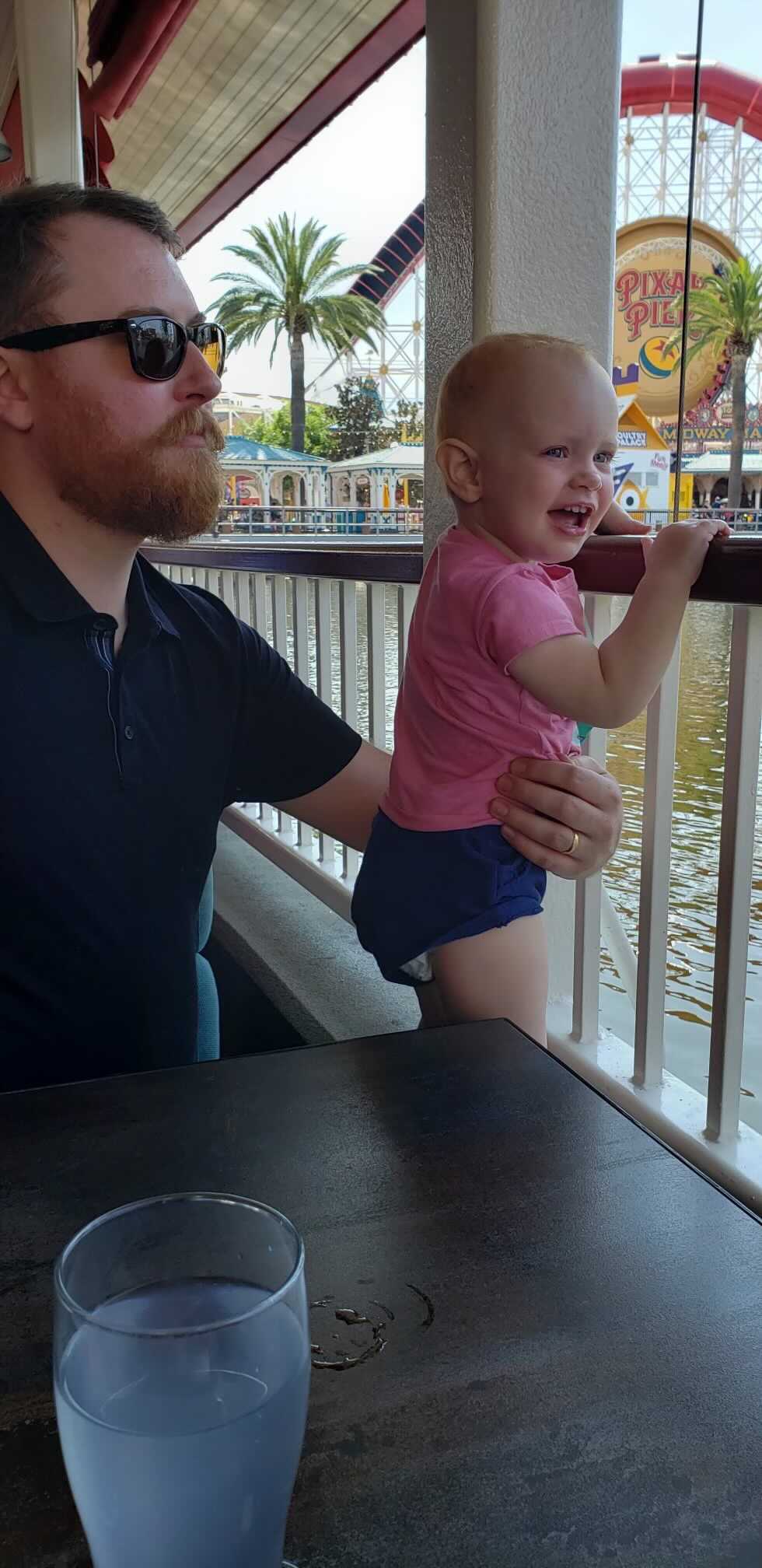Brian St. Amand is a Commit Engineer who joined Scope Security as a senior Software Engineer earlier this year. We talked to Brian about his journey to Commit and Scope.
Can you tell us a bit about your journey to Commit?
I really became a startup engineer when I co-founded a startup called Makeup Stash. That was really difficult, and exciting, and really fun, and I think that struggle focused me on startups—how to get an idea off the ground.
After that I worked at another startup in Vancouver called CTO.ai, where I was very involved not just in the programming side of things, but also the business side. Trying to build products and answer that magic question, how do you bootstrap a product? How do you get traction and get something from nothing, a little bit at a time?
What attracted you to Commit?
At CTO.ai I wore many hats besides just being a senior Software Engineer. I had my little pinkie finger in every part of the business. I think that’s part of why I like Commit: because they talk about this idea of the startup engineer as somebody who thinks more broadly than just about the programming part of the job.
They want to see an impact when it comes to things like product and getting something off the ground, or even launching a team. I guess I really like that part of software, and I find it challenging.
How did you come across Scope Security, and what do they do?
I went through the regular Commit developer experience, during which I think I looked at a dozen company profiles that were sent to me. What stood out about Scope, which is something rather unique among startups, is their focus on security in healthcare, specifically cyber security for hospitals.
They’re not your typical sort of web application startup. They have a different domain with a lot of its own challenges, so everything at Scope is done slightly differently. They have much stricter security requirements than other startups, for example, and their customers are hospitals, and the healthcare industry as a whole has a compliance requirement which is unique and interesting.
What’s been the best part of your experience with Scope Security so far?
During my pilot there I learned a lot about security, healthcare and the unique problems in that field. It also deepened my understanding of the problem that Scope was trying to solve, and the impact they’re trying to have, which is to fix cybersecurity in healthcare.
I really like how the team at Scope have identified a very difficult problem and totally devoted themselves to solving it one way or another. That means that we have to be creative and come up with solutions that are slightly different from the standard solutions you see at other startups. And then when we do make progress, we have a very direct impact on healthcare, on people’s real health and wellbeing.
That’s really inspiring to me. When I think about all the problems we have to solve, I’m motivated to solve them because I know that there’s an impact that goes beyond the company and the technology.
How would you describe the culture at Scope Security?
The team has a really great perspective on software development, and they’re just a great team to work with. Scope is a security-versed company and the founder is a security-versed person, so that’s a bit different than the typical web company. I feel like there’s a lot more to learn and there are some interesting technical challenges to negotiate.
How does Commit continue to support you and how have you continued to be connected to Commit after you joined Scope Security?
Engineering at startups can sometimes get a bit insular, in that founders will usually seek advice from their network but engineers won’t. But they should, because that’s an additional perspective from outside of your company that can be extremely valuable.
Let’s say you have a technical problem, and you come up with the solution. It’s never going to be as good as it could be if you run it past a bunch of other people, especially if you understand where those people are coming from. Having that built into Commit is really valuable.
This also applies to non-technical issues, like how do you lead a team, how do you mentor, how do you take feedback, how do you give feedback? How do you build and hire?
Commit can be a place for those discussions, a place to highlight good ideas, and I think it can provide huge value to startups and engineers. Every startup struggles with being in a little bubble, and Commit can help with getting out of that bubble.
What would you say to other Engineers who are considering whether to join Commit?
I would encourage them to join. Commit has this huge, awesome goal of creating a persistent community that can support people, and their holistic approach to supporting engineer success is really appealing.
When startups have challenges, they’re a bit unique and eccentric. So there’s a huge advantage to having a broader community of trusted and experienced people that can weigh in on those things, and try to bring that experience to bear. This applies to technology issues, but it also applies to social issues like team building.
So Commit is helpful beyond just one thing. They have this holistic view and they’re devoted to it in a way that is pretty inspiring.
